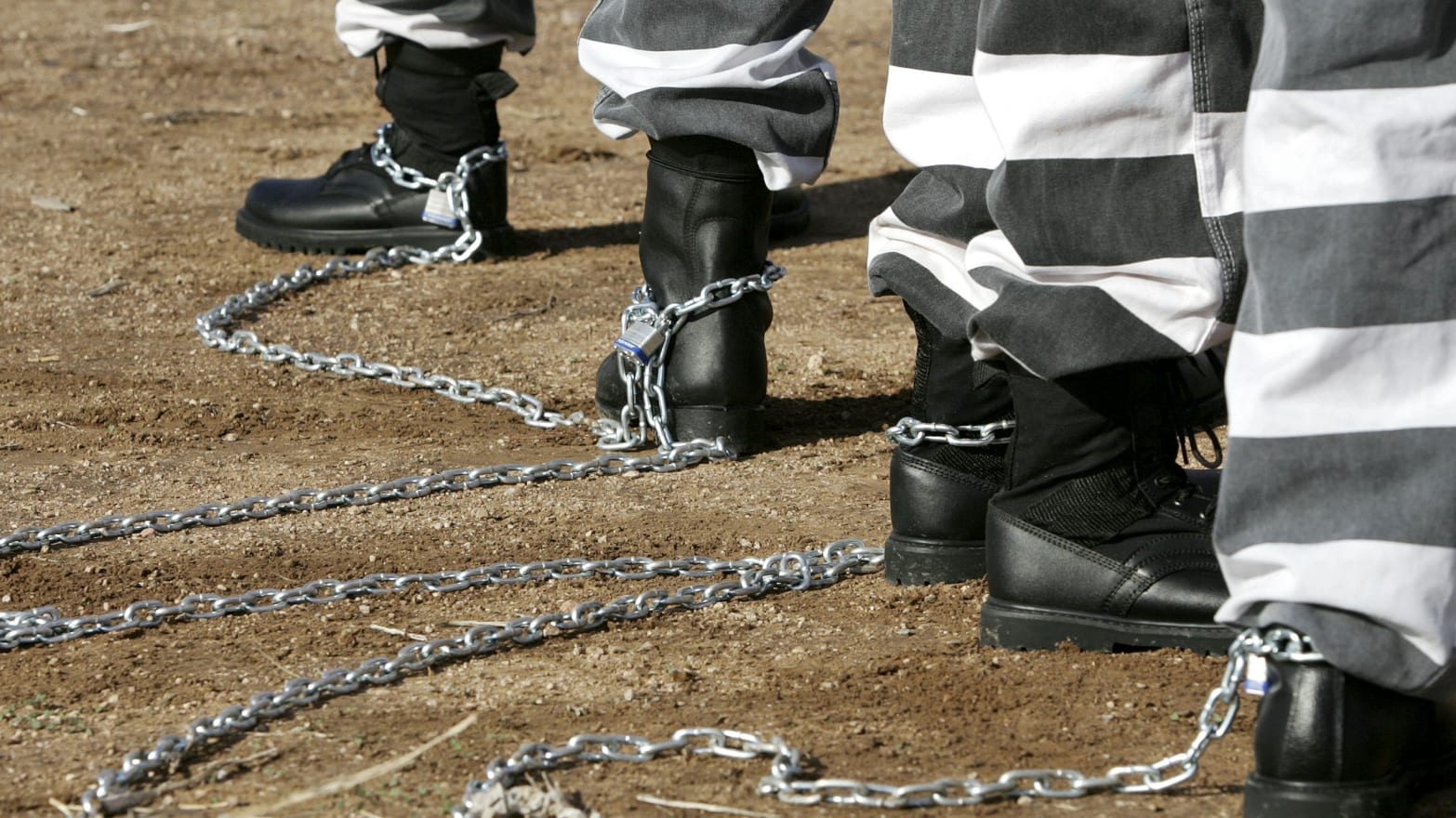
Prisoner’s: The Last American Population Fighting Against Slavery
Admin 0 Comments Uncategorized
Juneteenth, signifies the day of freedom for all slaves. It is known as the longest running African American holiday, a day long celebration for our independence. In honor of recognizing our ancestors history, it feels befitting to also recognize those that continue to struggle against a similar powerless position. Just last year in 2020, Congress Democrats proposed a resolution to the exception clause in the 13th Amendment that permits, what prisoners call “modern day slavery. The clause states, “Neither slavery nor involuntary servitude, except as a punishment for crime whereof the party shall have been duly convicted, shall exist within the United States, or any place subject to their jurisdiction.” That loophole, those six words, “except as a punishment for crime” reinvented the wheel of slavery and is viewed by some as the cause for the country’s first “prison boom” which systematically largely targeted african american’s. Such maneuver led to the development of the “chain-gang” and “convict leasing” where prisoners were used for labor that they did not receive money for but states and private businesses did. Many prisoners were forced to work in inhumane conditions which resulted in death for some. The high death toll of prisoners is what caused the state of Texas to outlaw “convict leasing” in 1912.
However, today many states rely on labor from its prisoners to offset the costly expense of incarceration.This is likely the cause of the mass incarceration many criminal justice reform advocates are fighting against today. “Today, states and private companies still rely on prisoners performing free or extremely low-paid labor for them. “For example, California saves up to $100 million a year, according to state corrections spokesman Bill Sessa, by recruiting incarcerated people as volunteer firefighters.” Incarcerated people working in correctional industries earn an average of just 86 cents per hour. In 2018 prison laborers went on a strike across the nation to protest against this new-age slavery.
Forbes provides this solution, “Policymakers should instead treat people who are incarcerated with dignity and reduce barriers to employment for those who will one day be released. That means paying decent wages, ensuring work programs are safe and truly voluntary, and expanding opportunities for high-quality education and training such as career pathways programs and apprenticeships that lead to jobs for returning citizens.” Prisoners are demanding equality and the country once again should oblige.
Written by: Sharia Legette
https://www.history.com/news/13th-amendment-slavery-loophole-jim-crow-prisons